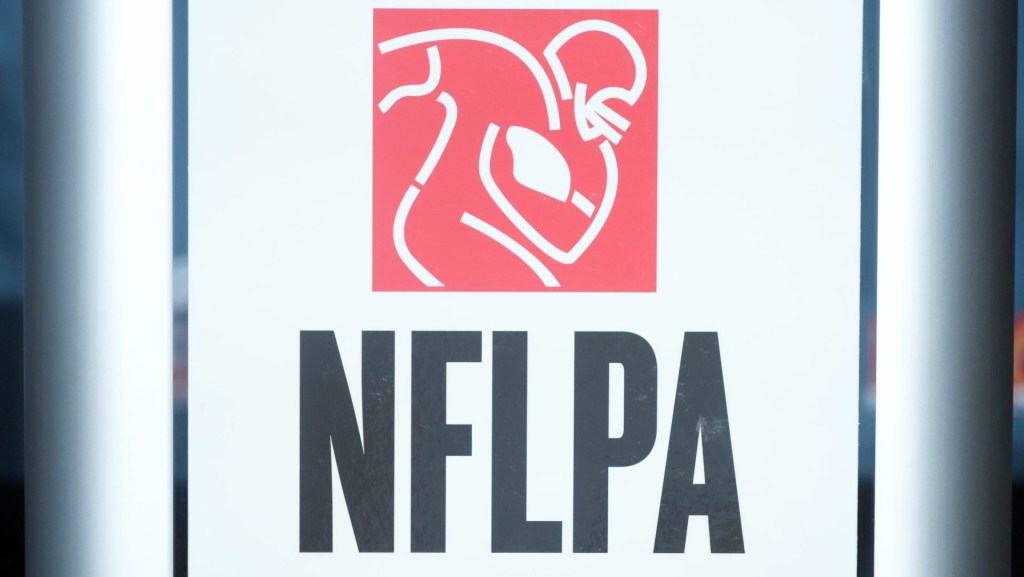A group of investors advised by LeBron James’s business partner Maverick Carter is seeking to raise $5 billion to create an international basketball league, Bloomberg reported Wednesday evening.
A source confirmed the effort to Front Office Sports, as well as the fact that Carter is spearheading it—but said James is not a part of it.
Another source told FOS that the league will operate outside North America, but no other details were offered for any franchise locations, with the exception of Singapore. The league was positioned by a third source close to the situation as the “F1 of basketball.”
There’s no target date to unveil the yet-unnamed league.
UBS and Evercore are raising the money, which could come from sovereign wealth funds. The league will have a touring model with six men’s and six women’s teams playing in eight cities, according to Bloomberg.
There hasn’t been a real competitor to the NBA since the ABA, which merged with it in 1976 after the end of a long antitrust suit. The EuroLeague is widely recognized as the second-best basketball league, but doesn’t truly compete for players after they reach NBA eligibility.
The NFL has seen its share of competitors, including multiple forms of the XFL, but none had staying power. The UFL plays in the spring, is in its second season, and is seen as more of a supplementary product than a competitor.
Meanwhile, quite a few new sports leagues have taken on investment from the Saudi Public Investment Fund in recent years, from LIV Golf to the Professional Fighters League.
Carter cofounded The SpringHill Company with James in 2020 after the two childhood friends first launched the UNINTERRUPTED brand that produced James’ show, The Shop. SpringHill—which now produces The Shop and other content—lost $28 million on sales that totaled $104 million in 2023, Bloomberg reported in December. That was on top of a $17 million loss in 2022, and the outlet reported that SpringHill was expected to lose millions in 2024.
“The entertainment market shift in 2022/2023 toward profitability brought rising costs, slower buyer decisions, and impacts from industry strikes, prompting us to recalibrate, including writing off underperforming projects to position ourselves for future growth,” Carter told Bloomberg.





![[Subscription Customers Only] Jun 15, 2025; Seattle, Washington, USA; Botafogo owner John Textor inside the stadium before the match during a group stage match of the 2025 FIFA Club World Cup at Lumen Field.](https://frontofficesports.com/wp-content/uploads/2026/02/USATSI_26465842_168416386_lowres-scaled.jpg?quality=100&w=1024)
![[Subscription Customers Only] Jul 13, 2025; East Rutherford, New Jersey, USA; Chelsea FC midfielder Cole Palmer (10) celebrates winning the final of the 2025 FIFA Club World Cup at MetLife Stadium](https://frontofficesports.com/wp-content/uploads/2026/02/USATSI_26636703-scaled-e1770932227605.jpg?quality=100&w=1024)










